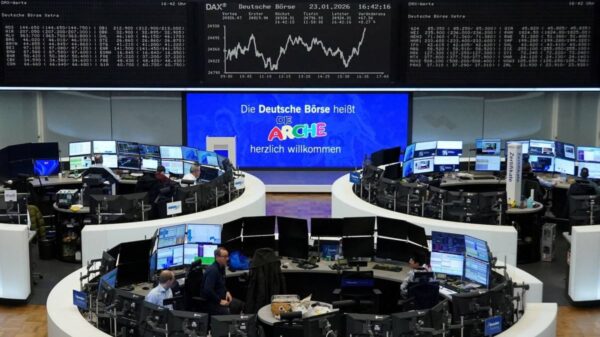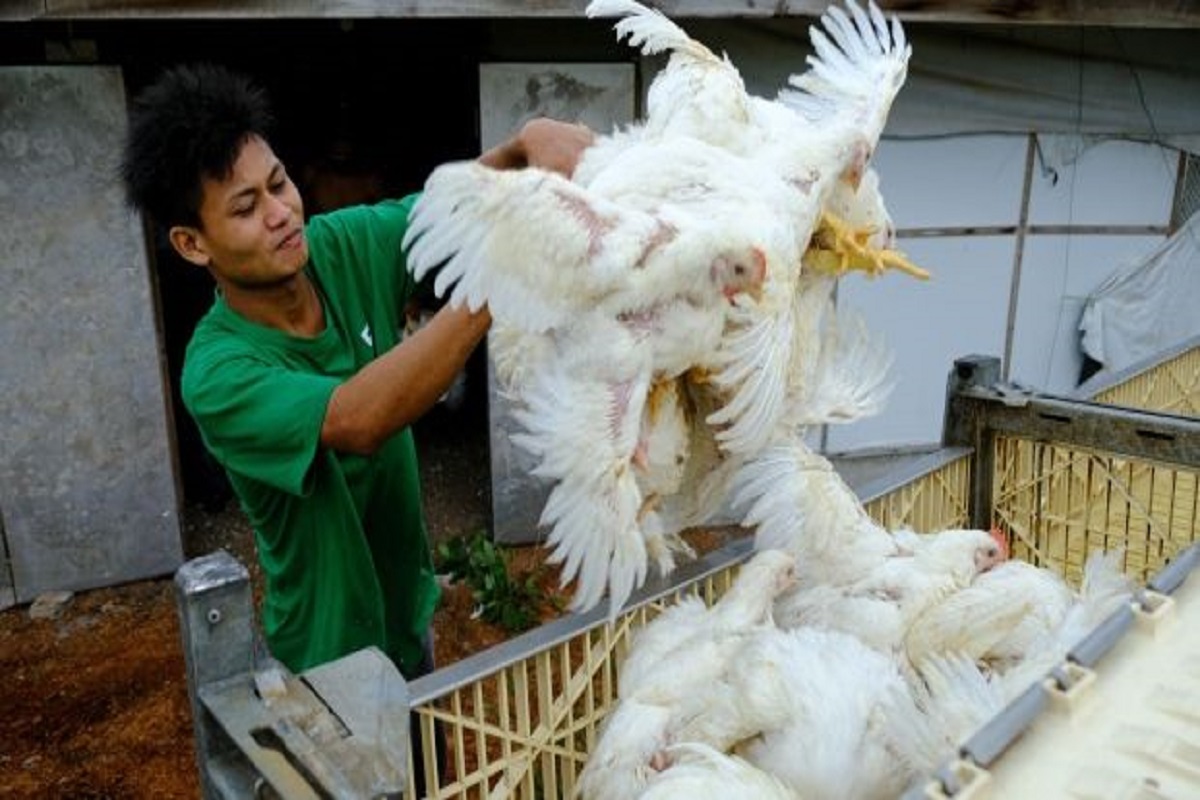Malaysia’s ban on chicken exports has taken effect as of Wednesday, aimed at stabilising domestic supplies and alleviating shortages, Prime Minister Ismail Sabri Yaakob said.
The prime minister earlier announced the ban on May 23 over ballooning prices of chicken and chicken products in the market and a supply shortage to local consumers.
The export ban will remain in place until the situation stabilises, allowing the Southeast Asian country to create a stock buffer.
The measures, along with abolishing approved permits for imports as well as facilitating the claim process for subsidies to farmers, are aimed at shoring up the country’s food security.
Transactions in markets around the capital Kuala Lumpur showed sufficient chicken stocks available for sale at the set prices, which have been capped since February at 8.90 ringgit (2.03 U.S. dollars) per bird.
The shortage of chicken and chicken products has been blamed on extreme weathers, pandemic-related supply disruptions and shortages in feed and other items caused in part by the ongoing conflict in Ukraine.
Malaysia exported more than 49 million live chickens in 2020, according to data from the Agriculture and Food Industries Ministry. (Xinhua/NAN)
![]()





























































